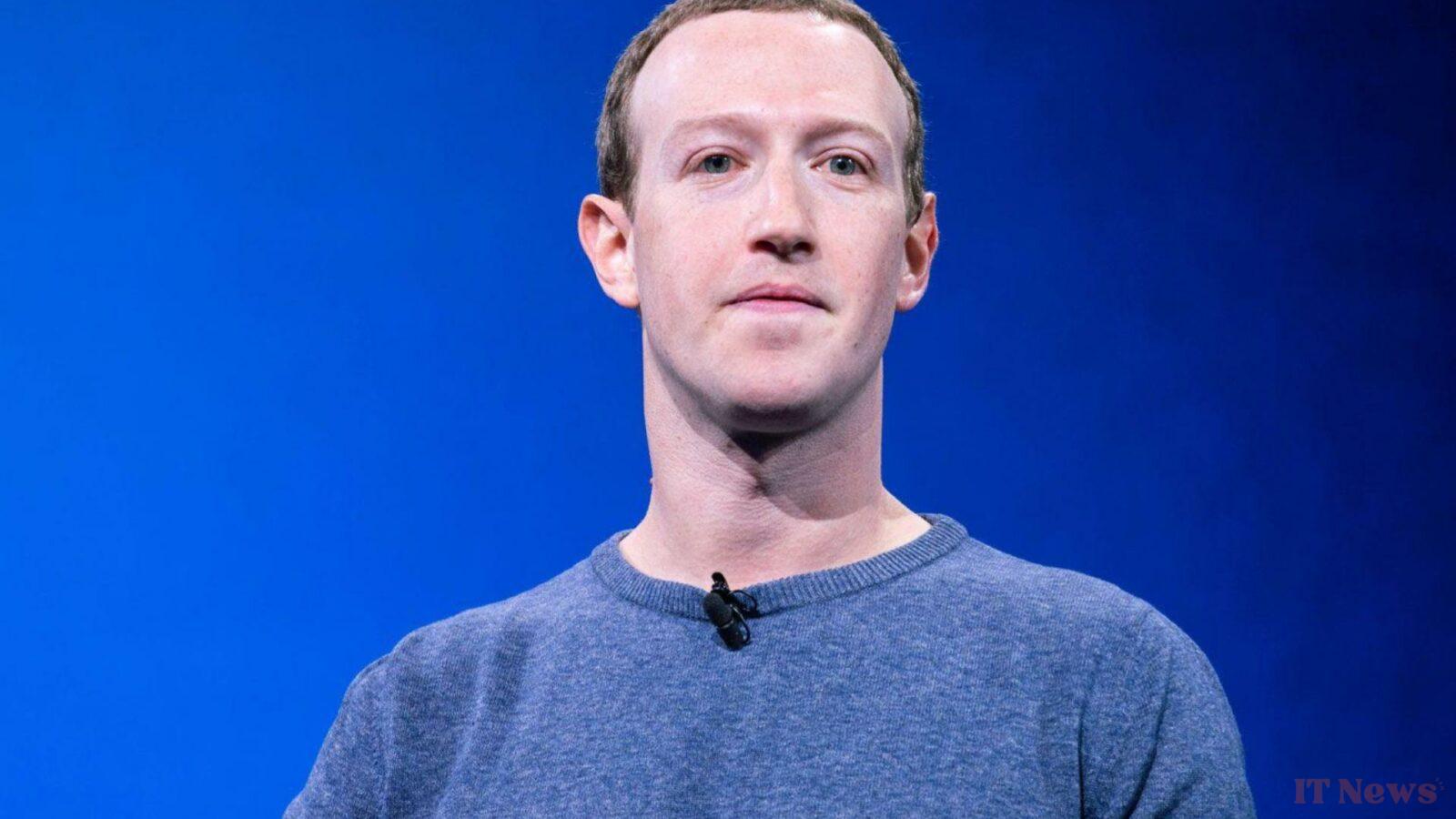The greatest tech talents are particularly sought after today, and major companies don't hesitate to pay astronomical sums to secure their services. This trend is particularly noticeable in the field of artificial intelligence, a technology with staggering economic and strategic potential. The latest example comes from Meta, which apparently tried to poach several industry leaders with 9-figure bonuses.
Meta cracks and offers staggering sums to recruit at OpenAI 😱
Amounts already known, but which speak volumes about the strategic emergency situation in which the company finds itself.
A giant in search of renewal
To understand the scale of this offensive and the motivations behind it, we need to go back a little. In recent years, Meta has lost a significant portion of its influence in the tech world — notably due to the decline of its flagship product, Facebook, whose popularity and cultural importance have declined dramatically over the past decade or so.
To maintain its status, Meta attempted to reinvent itself by introducing the Metaverse, which quickly became Mark Zuckerberg's latest fad. Unfortunately for him, the idea was met with massive public rejection, with the public never really embracing the concept. Following this spectacular disaster, Meta was forced to pivot once again, choosing to focus all its attention on the most promising technology of the moment: artificial intelligence.
This time, the results were much more convincing. Meta quickly established itself as a major player in the industry. But in the commercial segment, it still lags considerably behind the industry leaders, starting with Google DeepMind and OpenAI.
Despite real success in the open source ecosystem, its LLaMA models are still struggling to establish themselves as absolute benchmarks compared to commercial giants such as GPT or Gemini, to name but two, in a context where the creation of applications and services based on LLMs is now the industry's main objective.
Not just a question of performance
To join the leading pack and reclaim its former status, Meta therefore needs a real electroshock. And that's precisely what Mark Zuckerberg is trying to do with this new offensive, which according to several American sources also targeted DeepMind. Because the only way to hope to catch up with, or even surpass, Google, OpenAI, and their ilk is to secure the services of exceptional individuals.
Indeed, we're not just talking about highly talented employees. To fuel a revolution that lives up to its ambitions, Meta needs to poach true generational talent, who possess an extremely rare blend of unique technical skills, influence, strategic vision, and leadership. Figures capable of uniting and accelerating an industrial shift, like living legends like John Carmack, Geoffrey Hinton, Jim Keller, Jeff Dean, or Ashish Vaswani... and ultimately, of giving the company a new lease on life.
Profiles like this are obviously rare, and the competition is extremely tough. There's no question, therefore, of skimping on the means to attract these highly sought-after geniuses. And as in the world of sport, there's only one way to achieve this: offer enormous sums... but also a very ambitious project - a bit like the Qatari state after the acquisition of PSG.
However, while Meta's coffers are definitely well-stocked, it's this second component that it still seems to be lacking for the moment. For now, these pleas seem to be going unanswered—a silence that speaks volumes about Meta's true appeal. Despite the presence of true titans like Yann LeCun, Mark Zuckerberg's stable is no longer seen as particularly innovative compared to its direct competitors. A sensitive point that Altman didn't hesitate to emphasize: for him, it "is not a company very good at innovation."
Because ultimately, the root of the problem is that Meta is facing an existential challenge against the backdrop of an identity crisis. Even if the company manages to recruit its own team of Avengers, will that be enough to move into a new dimension, in terms of performance, but also in prestige and cultural influence?
Nothing is less certain. Because while a few billion is enough to build a dream team, it takes a real vision and a culture to change the game – and unfortunately, these cannot be bought.



0 Comments